The modern generation of personal CNC machines has evolved from basic hobbyist tools to serious manufacturing equipment capable of professional-grade results. These compact systems now incorporate technologies previously found only in industrial machines, offering remarkable precision in footprints under 1m². Leading models like the Tormach PCNC 440 and Haas Desktop Mill demonstrate specifications that rival production machines from just a decade ago, with positioning accuracy to ±0.01mm and spindle speeds exceeding 10,000 RPM.
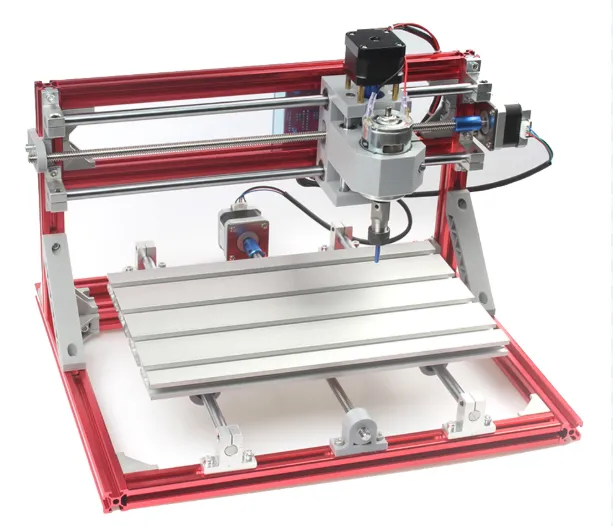 Key technological advancements driving this capability include:
Key technological advancements driving this capability include:
- Linear guide rail systems from THK or Hiwin providing <5μm repeatability
- Rigid cast iron or polymer composite frames with optimized vibration damping
- High-frequency spindles with ceramic bearings and liquid cooling
- Closed-loop servo systems with 0.001mm resolution encoders
- Industrial-grade control software (LinuxCNC, Mach4, or proprietary systems)
Material capabilities have expanded significantly, with current personal CNC machines competently handling:
- Aluminum alloys (6061, 7075) at practical feed rates
- Brass, copper, and mild steel with proper tooling
- Engineering plastics (Delrin, PEEK)
- Hardwoods and composite materials
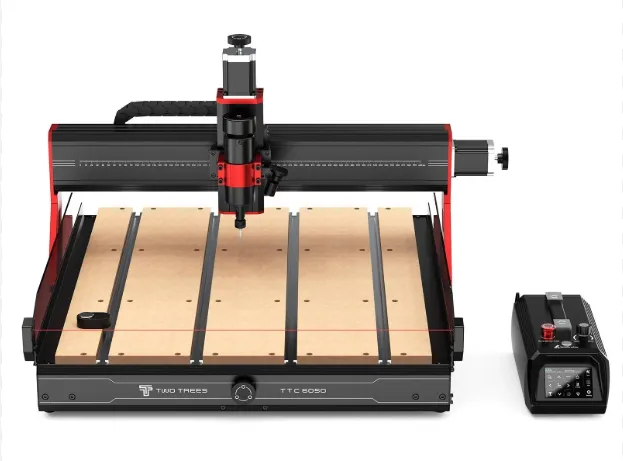
The software ecosystem has matured to support professional workflows:
- Full integration with Fusion 360 and other industry-standard CAM packages
- Advanced toolpath strategies (trochoidal milling, adaptive clearing)
- Real-time tool wear monitoring
- Collision avoidance systems
Applications now extend far beyond prototyping:
- Small-batch production of precision components
- Jewelry making and dental applications
- PCB fabrication and electronic enclosures
- Educational and research applications
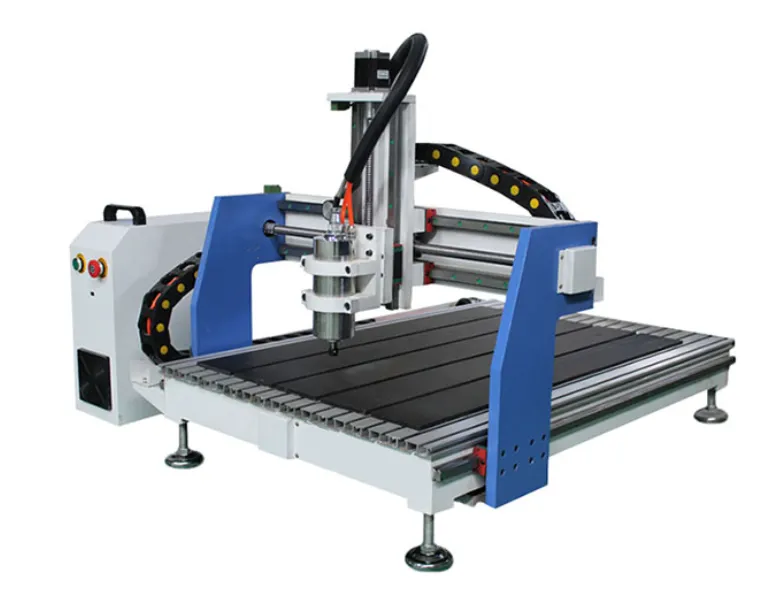
While work envelopes (typically 300×200×200mm to 600×400×300mm) and maximum material removal rates remain limitations compared to industrial VMCs, personal CNC machines now deliver about 70-80% of the capability at 10-20% of the cost and footprint. This makes them particularly valuable for:
- Makerspaces and university labs
- Small manufacturing businesses
- Rapid prototyping operations
- Specialized component production
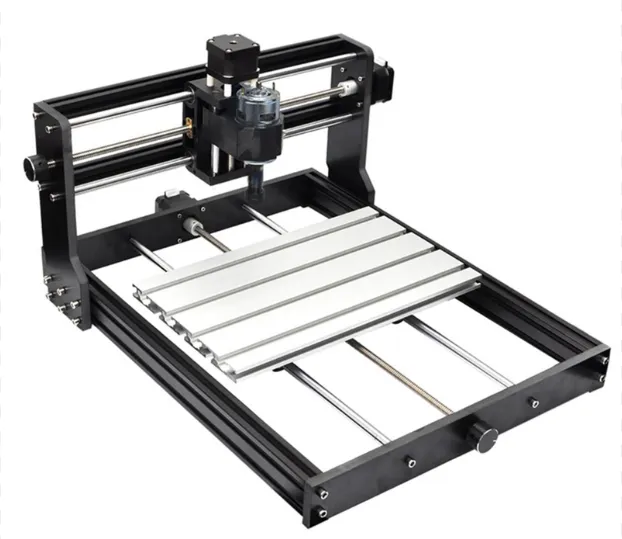
The technology continues advancing rapidly, with newer models incorporating:
- Automatic tool changers (4-6 tools)
- Integrated probing systems
- 4th axis rotary capabilities
- Improved cooling and chip management
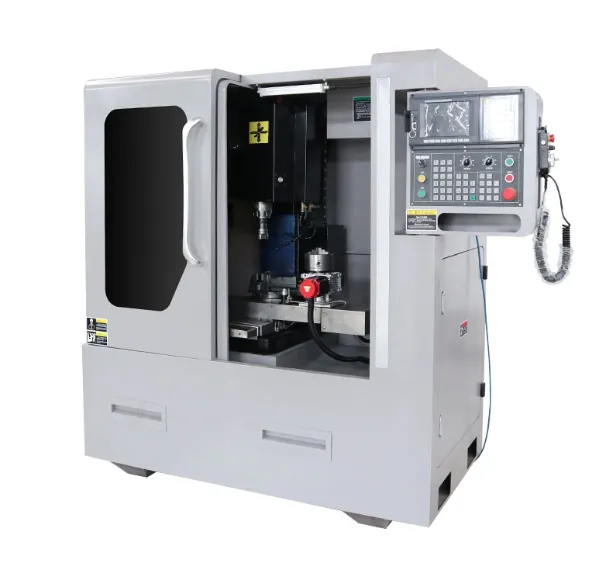
With prices ranging from $3,000 for entry-level models to $25,000 for fully-equipped professional systems, personal CNC machines now represent a viable alternative for many precision machining applications where space and budget constraints prohibit full-size industrial equipment.




